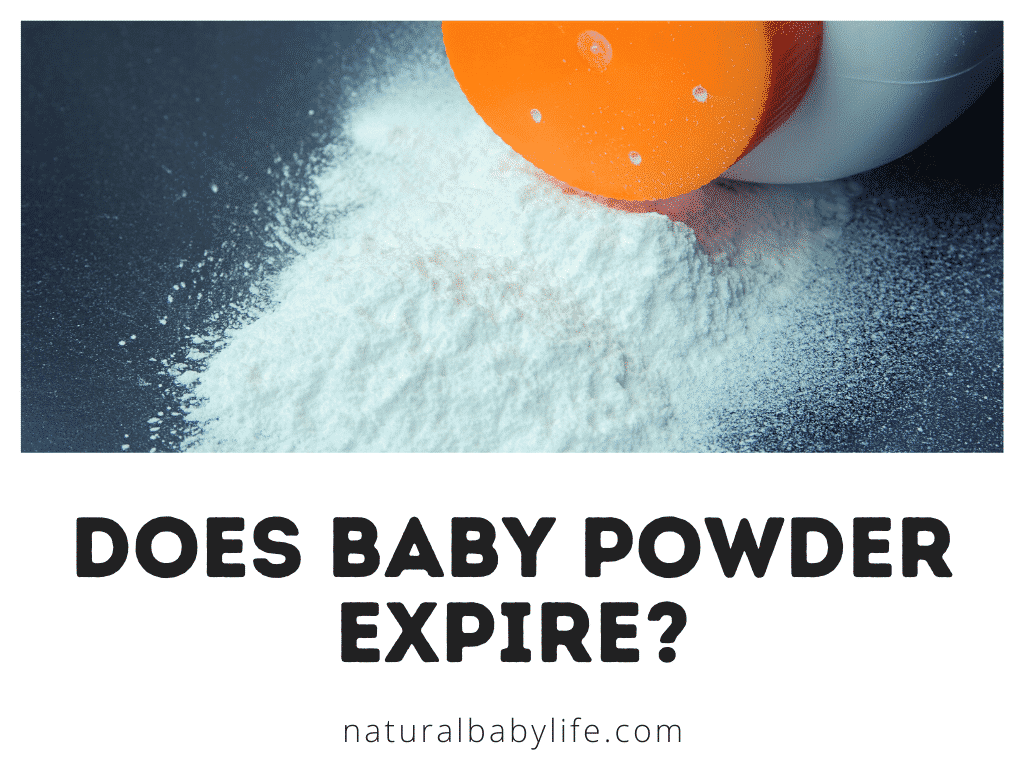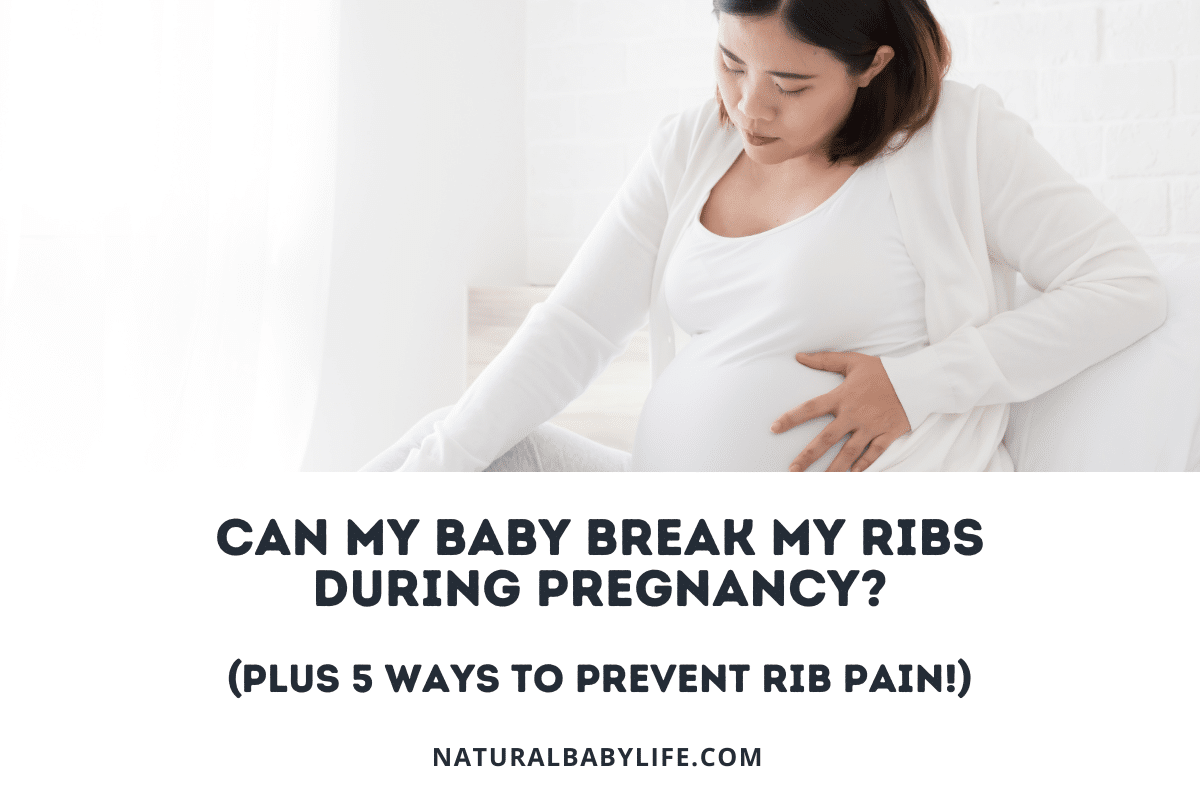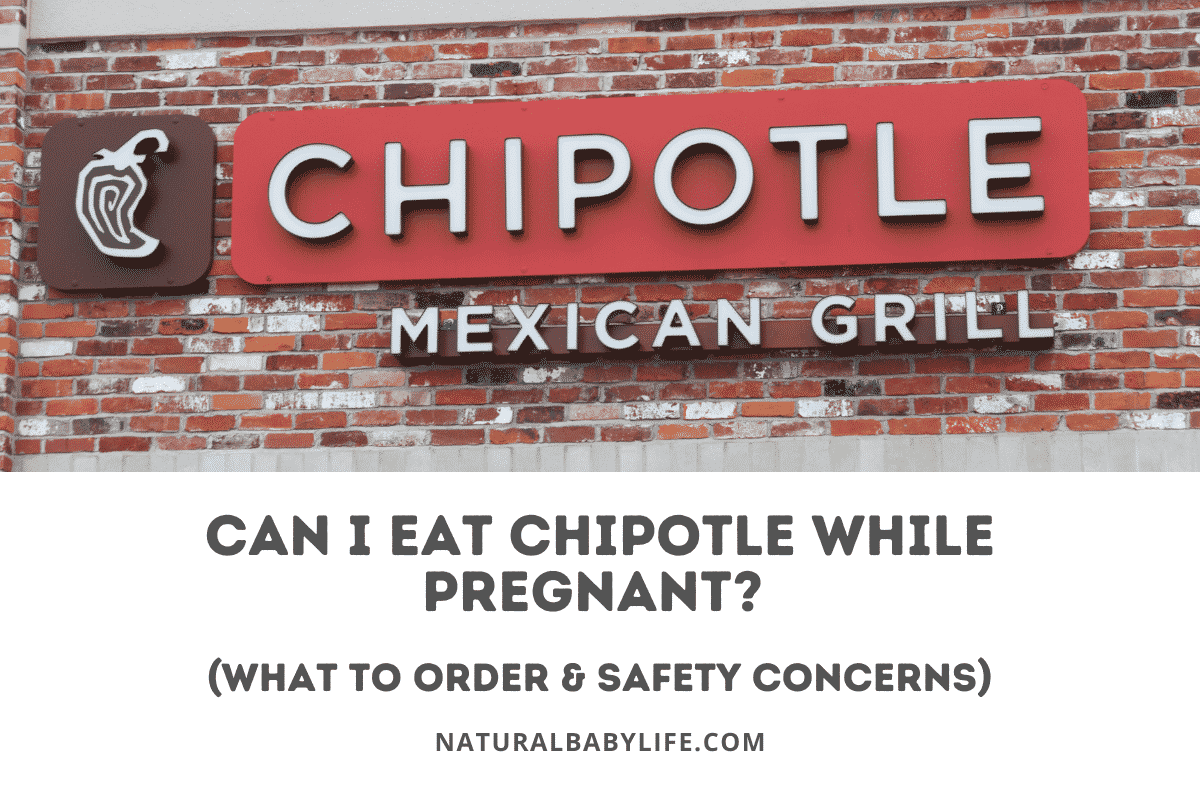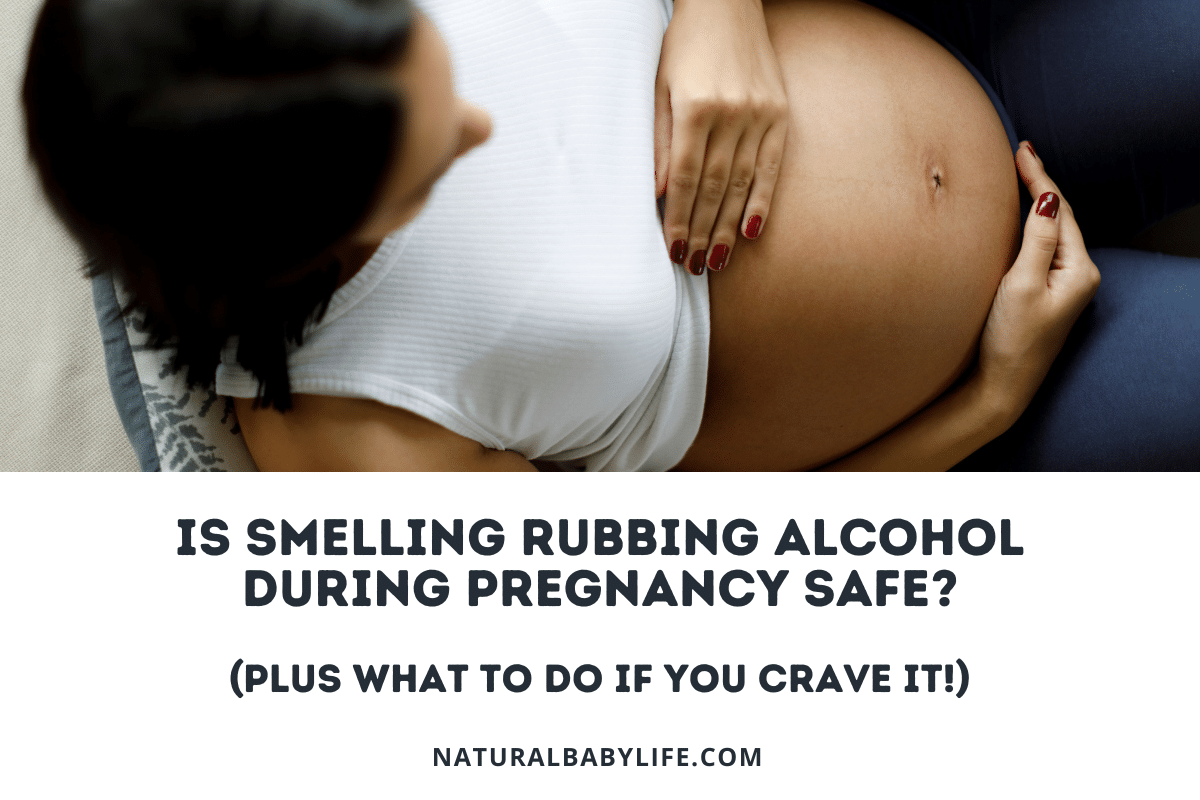Pregnant women often worry about which foods are okay to eat and which should be avoided, especially if they are craving fast food like Dairy Queen!
Dairy Queen is generally deemed safe to eat while pregnant but there is a slight chance of listeria exposure when ordering the soft-serve ice cream and Blizzards due to contact with the ice cream machine. Burgers, fries, and fried chicken are high in total fat and sodium while rotisserie-style chicken and salad bowls are the healthiest choices.
Read on to learn more about what to order at Dairy Queen while pregnant, what to avoid, and frequently asked questions about their ice cream!
Table of Contents
Is it safe to eat Dairy Queen while pregnant?
It might seem silly to worry about eating at a fast food restaurant during pregnancy but there is no shame in wondering aloud whether or not it is safe to do so.
In general, Dairy Queen is safe to eat while pregnant as long as all foods are properly cooked well and served piping hot. The biggest potential concerns are a slight risk of listeria from the ice cream machine along with other types of food-borne illness common to salad mixed and other foods stored and served cold without cooking. Special care should also be taken not to overeat food items with large amounts of fat and sodium.
As long as you are paying attention to the menu, you’ll be able to find something reasonably healthy to eat at Dairy Queen that shouldn’t pose a significant risk.
Is it okay to eat soft serve ice cream when you are pregnant?
You’ve probably never heard of anyone getting sick from ice cream unless it is a tummy ache from eating too much. However, there is a legitimate risk when eating soft-serve ice cream while pregnant because you could be exposed to listeria.
Listeria is a common concern for pregnant women as it could cause a serious food poisoning called listeriosis which is able to then pass to an unborn child, creating a serious situation for the fetus. Despite the seriousness, the likelihood of actually getting sick with listeriosis is pretty slim. These days, rates of a listeria infection are less than 1% of the total US population each year.
So, where does the listeria come from in soft-serve ice cream?
Well, as long as the ice cream is made with pasteurized milk the risk for listeria becomes negligible. The ice cream machine itself, however, remains a potential breeding ground for listeria if it is not cleaned and sanitized properly on a routine basis. So, the biggest risk of listeria contact at Dairy Queen comes from the ice cream machine.
With that said, the only true way to avoid getting listeria from soft-serve ice cream is not to eat soft-serve ice cream so there is a solid argument for avoiding foods potentially contaminated with listeria altogether.
Chances of getting listeria from soft-serve ice cream
Like I mentioned before, the chances are quite low to get listeriosis from eating soft-serve ice cream, but they aren’t zero.
According to recent research by the New South Wales Food Authority, there is only about a .3-.4% chance of getting listeriosis under normal circumstances. This number will of course be highly dependent on the particular restaurant you are eating in and how well they maintain their machine. As ice cream machines are thoroughly inspected by health authorities, a restaurant with a high health score rating is likely cleaning and sanitizing it properly.
Of course, avoiding the soft-serve is the only way to eliminate the risk!
Can you have Dairy Queen ice cream when pregnant?
Now that we’ve discussed soft-serve ice cream, in general, what about Dairy Queen’s ice cream?
Dairy Queen uses ice cream made with pasteurized milk so the ice cream itself should be safe for pregnant women. Dairy Queen’s store policy for cleaning the ice cream machine isn’t publically available, but employee reports suggest that it is cleaned at a minimum once per week and often it is cleaned and sanitized daily. Refer to your local store’s health score rating and notations to see if they have had issues with their machine. You can also ask the manager on duty about the ice cream machine before ordering.
Of course, it is sometimes hard to exercise caution when you are craving a Blizzard but it is always better to be safe than sorry!
Does Dairy Queen use pasteurized milk?
Yes, Dairy Queen uses pasteurized milk in its ice cream and there are no eggs listed in the ingredients.
Speaking of the ingredients, here is the list of ingredients for Dairy Queen’s vanilla soft-serve ice cream:
- Milkfat And Nonfat Milk
- Sugar
- Corn Syrup
- Whey
- Mono And Diglycerides
- Artificial Flavor
- Guar Gum
- Polysorbate 80
- Carrageenan
- Vitamin A Palmitate
Can you eat Dairy Queen cookie dough while pregnant?
Although it is labeled as ‘cookie dough’ there is nothing raw about this ingredient. The cookie dough includes only cooked or processed ingredients:
- Enriched Wheat Flour (Wheat Flour, Niacin, Reduced Iron, Thiamine Mononitrate, Riboflavin, Folic Acid)
- Sugar
- Margarine (Palm Oil, Water, Soybean Oil, Salt, Mono & Diglycerides, Colored with Annatto. Citric Acid added as a preservative, Vitamin A Palmitate, Natural Flavor.)
What can pregnant women eat at Dairy Queen?
When compared to other fast-food restaurants, Dairy Queen doesn’t offer many healthy alternatives on the menu that aim to reduce fats and sodium content.
With that said, there are a couple of options available if you are craving Dairy Queen while pregnant.
Grilled chicken sandwich
Unlike burgers and fried chicken, the grilled chicken sandwich features a much lower fat content. Paired with crisp chopped lettuce, a thick-cut tomato, mayo, and a warm toasted bun, the grilled chicken sandwich is a reasonable option.
Here are the nutrition facts for the Dairy Queen grilled chicken sandwich:
- Calories: 390
- Fat: 15 grams
- Carbs: 34 grams
- Protein: 29 grams
- Sodium: 970 milligrams
- Dietary fiber: 1 gram
Rotisserie-style Chicken Bites Salad Bowl
This looks to be the only real health-conscious option for those looking to pick up Dairy Queen while pregnant. The rotisserie-style chicken salad bowl includes chopped romaine and iceberg lettuce, purple cabbage, cheese, carrots, and bacon bits along with a dressing of your choice.
Here are the nutrition facts for the Dairy Queen rotisserie-style chicken bites salad bowl:
- Calories: 320
- Fat: 15 grams
- Carbs: 10 grams
- Protein: 37 grams
- Sodium: 870 milligrams
- Dietary fiber: 3 gram
Diet and nutrition safety recommendations for pregnant women
During pregnancy, both you and the baby need to get the proper nutrients. You can do this by eating a well-balanced diet, and staying hydrated. It’s equally important to know which foods to limit or avoid to stay healthy.
Foods to avoid while pregnant
Foodborne illnesses are a primary concern during pregnancy. To avoid contamination with harmful bacteria, some foods should be handled with care and others avoided during pregnancy.
Pregnant women are more susceptible to foodborne illnesses. Here are the foods to avoid while you’re pregnant.
-
- Unpasteurized milk, yogurt, and cheeses – Brie, Camembert, or blue-veined cheeses can contain the bacteria Listeria.
- Raw or undercooked egg – Cookie dough, Caesar dressing, mayonnaise, hollandaise sauce made with raw or undercooked eggs can contain salmonella.
- Raw fish or seafood – Including sushi, oysters, shark, tilefish, king mackerel, and swordfish contain high levels of mercury that can damage the baby’s nervous system.
- Raw/undercooked meat – Undercooked steak, poultry, and pork can be infected with Toxoplasmosis, Salmonella, Listeria, or E.Coli.
- Pate/liver – Contains extremely high levels of vitamin A, which can affect fetal brain development.
- All forms of alcohol – Excessive alcohol consumption has been associated with several fetal issues.
- Lunchmeat, hot dogs, and other processed meats – Unless they are cooked until steaming to kill bacteria. They are also high in salt and saturated fat.
- Teas – Avoid drinking tea with meals. The tannins prevent the absorption of iron.
- Energy drinks – These are high in caffeine and not recommended during pregnancy.
Foods to limit while pregnant
The following foods and drinks should be limited during pregnancy to prevent adverse effects on your or your baby’s health.
- Caffeine – How much: limit to less than 200mg/day.
- Tuna – How much: limit to two cans or two fresh steaks per week due to mercury levels.
- Sugary sodas, juices, and flavored waters – How much: 1 soda per day or less. These drinks are low in nutritional value and high in sugar or may contain artificial sweeteners, which can be harmful.
General nutrition for pregnant women
A healthy diet can help reduce some of the more unpleasant symptoms of pregnancy like constipation and nausea. Eating a balanced diet with plenty of fruits and vegetables, lean proteins, whole grains, and healthy fats will also promote baby’s growth.
You should also ensure you’re getting plenty of the following nutrients. You can get them naturally through your diet and they can also be contained in prenatal vitamins suggested by your doctor.
- Folic acid – Prevent birth defects –
- How much: 0.4mg per day.
- Found in: leafy green vegetables, berries, nuts, beans, citrus fruit, and fortified breakfast cereals.
- Calcium – Strengthen bones
- How much: 1,000 milligrams a day.
- Found in: dairy products, broccoli, kale, fruit juices, and some breakfast cereals.
- Vitamin D – Promotes bone strength
- How much: 600 international units (IU) per day.
- Found in: fat-free dairy, skim, or 1% milk, soymilk, juice, eggs, fish.
- Protein – Promotes growth
- How much: 71 grams per day.
- Found in: beans and peas, nuts and seeds, lean beef, lamb, pork, poultry, salmon, trout, herring, sardines, and pollack.
- Iron – Prevents iron deficiency anemia
- How much: 27 milligrams per day.
- Found in: lean red meat, poultry, and fish. Also found in iron-fortified breakfast cereals, beans, and vegetables.
Eating a healthy diet of fruits, vegetables, lean proteins, and whole grains can make you feel better during pregnancy and protect the health of your baby. Enjoy this wonderful time in your life and indulge in your favorite fast foods in moderation. Your body will thank you for it later.










